
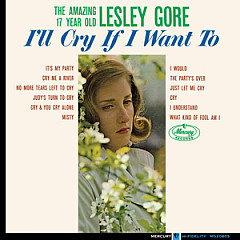
The lyrics for Lesley Gore's "It's My Party" were based on actual events relating to his daughter Judy's sweet 16 party. The teenager threw a tantrum and burst into tears when her mum and dad insisted that her grandparents had to be invited.
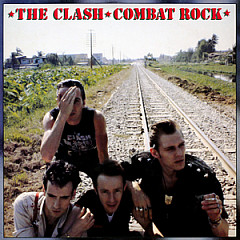
Barry Sonnenfeld, who would later direct the movies Get Shorty and Men in Black, was the director of photography on the "Rock the Casbah" video for The Clash.
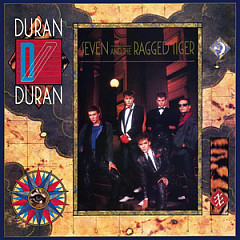
"The Reflex" became a #1 hit for Duran Duran when Nile Rodgers remixed it using a sampler. Simon Le Bon refuses to say what it's about, but says it's "kind of childish song."
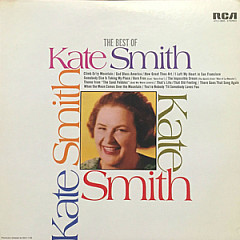
Irving Berlin said "God Bless America" was "not a patriotic song, but rather an expression of gratitude."
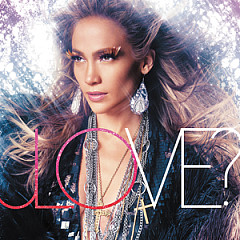
"On The Floor" by Jennifer Lopez samples the 1989 song "Lambada," which you might remember is about "The Forbidden Dance."
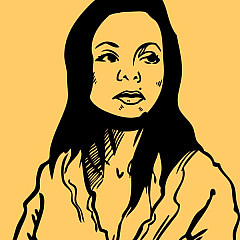
Was Janet secretly married at 18? Did she gain 60 pounds for a movie role that went to Mariah Carey? See what you know about Ms. Jackson.
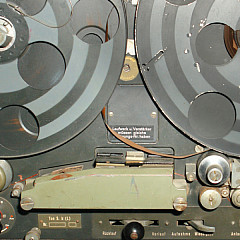
How Bing Crosby, Les Paul, a US Army Signal Corps Officer, and the Nazis helped shape rock and Roll.
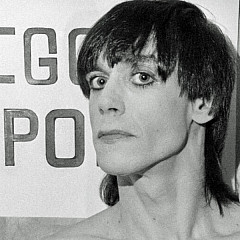
Chris Stein of Blondie shares photos and stories from his book about the New York City punk scene.
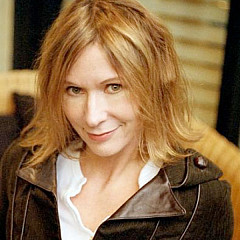
Collaborating with T Bone Burnett, Leslie Phillips changed her name and left her Christian label behind - Robert Plant, who recorded one of her songs on Raising Sand, is a fan.
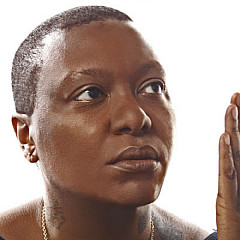
Meshell Ndegeocello talks about recording "Wild Night" with John Mellencamp, and explains why she shied away from the spotlight.

Surprise exits, a catfight and some very memorable performances make our list of the most memorable Idol moments.